People > Zorawar Daulet Singh
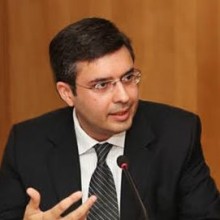
Zorawar Daulet Singh is an author and foreign affairs analyst based in New Delhi. He is an Adjunct Fellow at the Institute of Chinese Studies and a Visiting Fellow at the Forum for Strategic Initiative. Dr. Daulet Singh is also a founder of Northcap University, a State Private University located in Gurugram, Haryana.
His research focus includes India’s foreign policy and diplomatic history, various dimensions of India China relations, Eurasian geopolitics, and, international political economy. He contributes to the Economic & Political Weekly, ThePrint and Hindustan. He has participated in several Track-II dialogues and has addressed leading training institutions in India including the National Defence College, Defence Services Staff College Wellington, and the Foreign Service Institute.
Previously he was a Fellow at the Centre for Policy Research in New Delhi. Zorawar holds a PhD in international relations from King’s College London, an M.A. from the School of Advanced International Studies (SAIS), Johns Hopkins University and a BSc from the University of London where he majored in economics and finance.
Dr. Daulet Singh’s recent books includes India China Relations: The Border Issue and Beyond and Chasing the Dragon: Will India Catch up with China? His latest book, Power and Diplomacy: India’s Foreign Policies during the Cold War (Oxford University Press, 2019), India China Relations: The Border Issue and Beyond and Chasing the Dragon: Will India Catch up with China? His latest book, Powershift: India-China relations in a Multipolar World, has received the Kalinga Literary Festival Book of the Year Award 2020-21 in the category of Diplomacy/Strategic Affairs. More details about his publications are available here: https://www.zorawardauletsingh.com
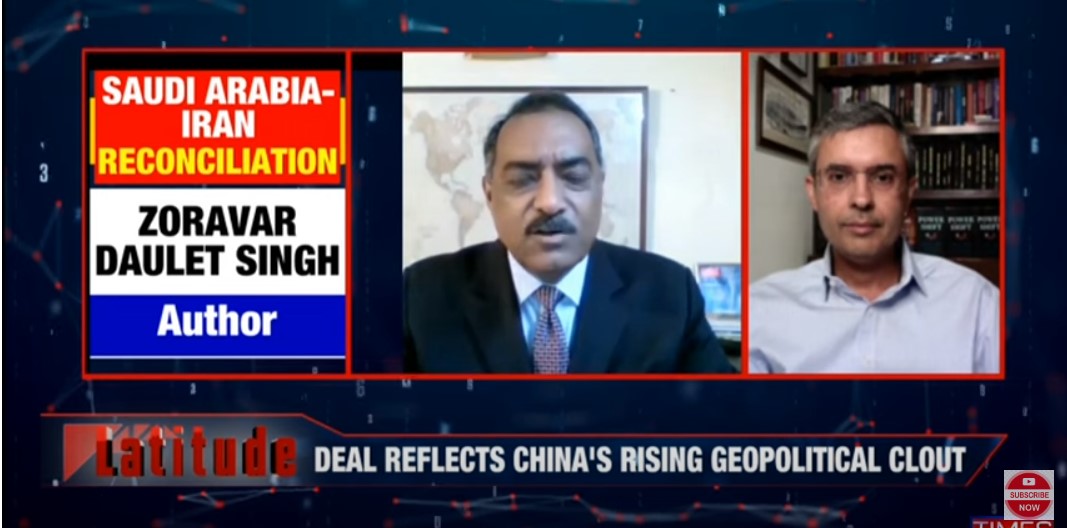
In this episode of Latitude: An Indian View Of The World, Maroof Raza discusses a recent event that happened in Saudi Arabia, where Iran and Saudi Arabia came together to join hands.
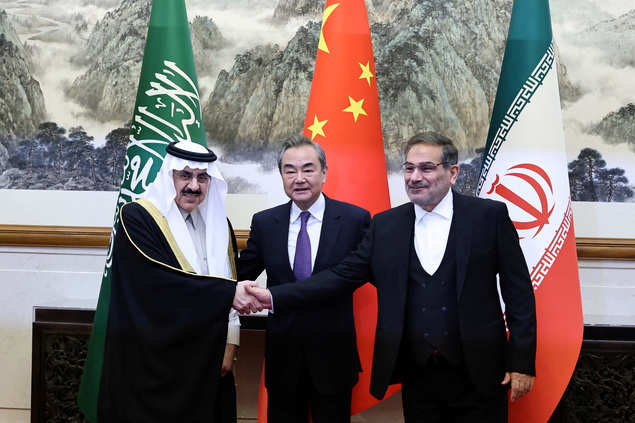
Taking a playbook out of India’s peacemaker role from yesteryear, Beijing stunned the diplomatic world with a brokered rapprochement between Saudi Arabia and Iran.
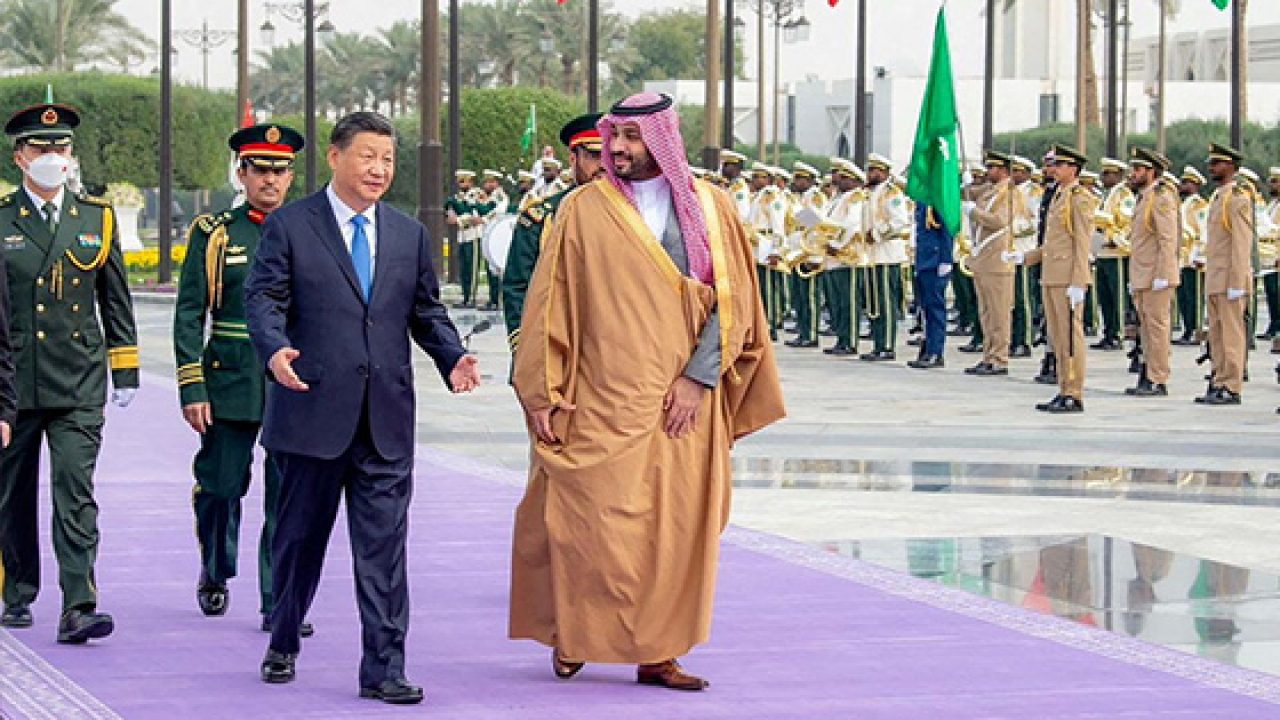
How China Emerged as the Peacemaker in the West Asia?
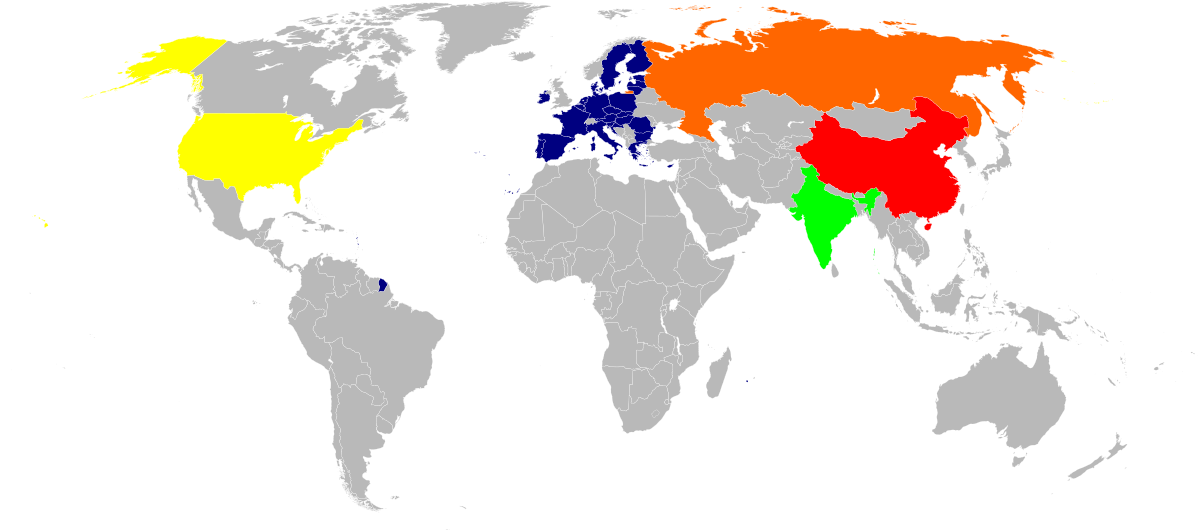
India’s foreign policy always sought positive quest to reform and, where possible, transform world order—a geopolitical concept that can transcend geography to look at international system as a whole.
The leaderships in China and India will have to eventually pick up the threads and resume a dialogue between the two, even taking into account the areas
One of the unresolved puzzles from the 1962 India-China war is why the Jawaharlal Nehru government, despite being acutely aware of India’s military weakness
For the past seven decades, there has been an unresolved debate on the reasons that led to the 1962 war. As with most major conflicts
‘Will Asia’s future be like Europe’s past?’ was the question asked for decades, as a metaphor to warn Asian statesmen to learn the lessons from European catastrophes a century ago.
Russia is calling for a fresh approach to Europe’s security architecture upon which it believes to hold significant leverage and influence similar to the US.
In this episode of NL Recess, Zorawar Daulet Singh, historian and author, joins Mehraj D Lone to discuss his latest book Powershift:
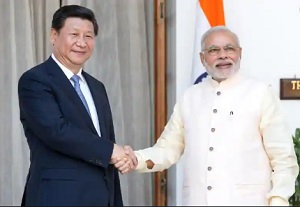
India must consider its impact on domestic livelihood needs, modernisation efforts, and geopolitical goals
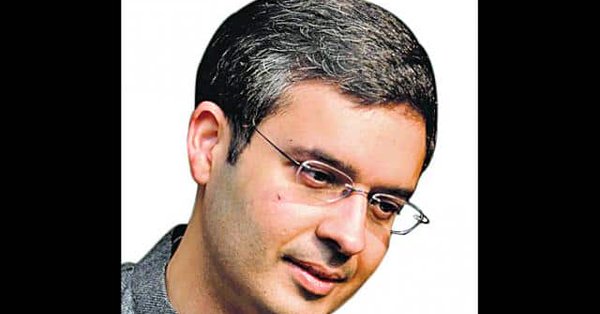
अर्थव्यवस्था में चीन की भावी भूमिका को लेकर भारत में बहस गरम है। मगर इससे जुड़े कुछ बुनियादी सवाल हैं, जिन्हें नजरंदाज नहीं किया जाना चाहिए।
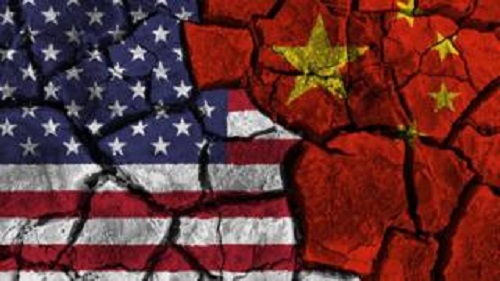
A few months ago, China’s foreign minister Wang Yi recently declared that “some political forces in the US "are pushing US and China “to the brink of a new Cold War.”
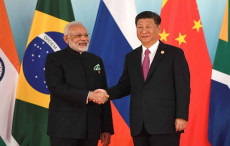
Should India balance against China by drawing closer to the United States? Or should it adopt a more subtle strategy that allows it to keep its options open? Historian and strategist Zorawar Daulet Singh talks to Aditya.
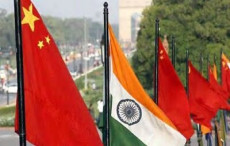
Leverage the international environment without becoming an object in a new great game
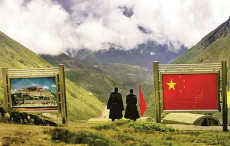
India’s increased capability to patrol up to the Line of Actual Control (LAC) coupled with an increasingly assertive Chinese posture is fuelling new tensions along the border, according to former senior Indian officials.
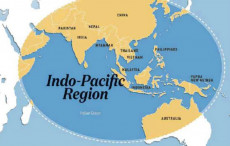
THE emphasis in recent years on the unity of Asia’s vast maritime geography – exemplified by the idea of the Indo-Pacific – might suggest this is a new idea.

As a bio-security crisis brings the world to a brink, the dominant neo-liberal vision of world order must be displaced by a humane globalism and institutions that actually supply public goods.
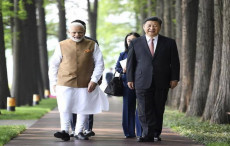
Wuhan was meant to stabilise India-China ties at a time of major global changes; the basic understanding must continue
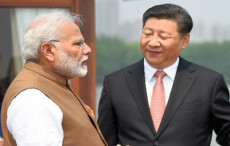
India's role in the economic endeavour of China's Belt and Road Initiative

With no thaw in sight, much will now depend on wider geopolitical factors.
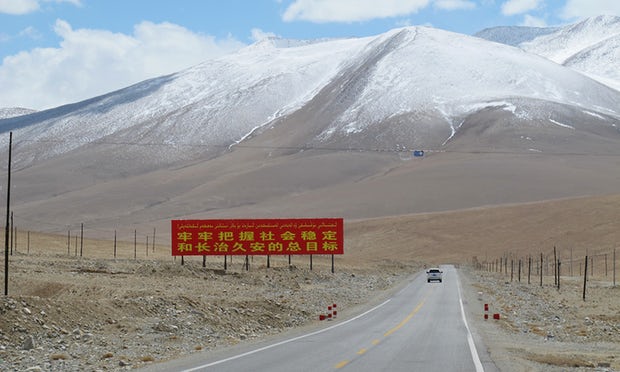
The Belt and Road initiative is part of a broader Chinese policy reorientation where its leaders are responding to...
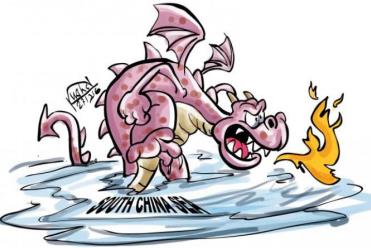
The world’s most populous country is looking to increase its share of the planet’s resources and political influence.

The nature of Sino–Indian interactions across five issue areas highlights that Delhi and Beijing have more overlapping interests than is generally recognised.
India’s foreign policy, various dimensions of India China relations, Eurasian geopolitics, the evolution of BRICS, international political economy.
Analyst, Corporate Finance Division, PricewaterhouseCoopers, New Delhi, India, 2001-2004
Fellow at the Centre for Policy Research, 2017-2020
Zorawar holds a PhD in international relations from King’s College London, an M.A. from the School of Advanced International Studies (SAIS), Johns Hopkins University and a BSc from the University of London where he majored in economics and finance.
© 2019 ICS All rights reserved.
Powered by Matrix Nodes